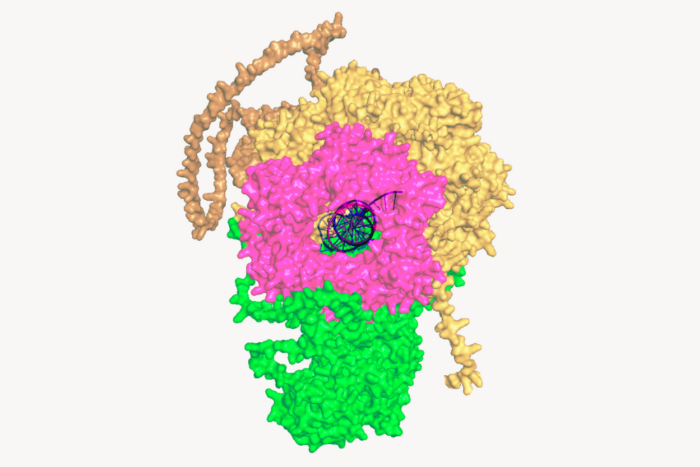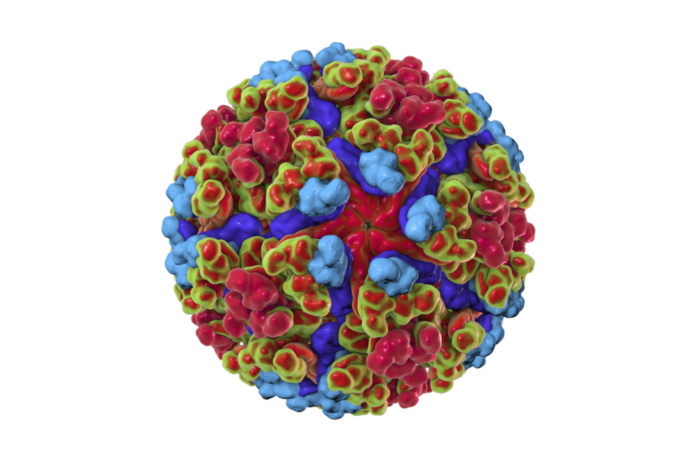Rockefeller University receives $36.1 million to help translate science into cures
Rockefeller University’s Center for Clinical and Translational Science (CCTS), a center aimed at accelerating the pace of translating science into real-life solutions for patients, has received $36.1 million from the National Institutes of Health to expand its work over the next five years.
The CCTS is among 10 institutes nationwide to receive the renewed funding, in recognition of their successes during the first five years of the NIH’s Clinical and Translational Science Awards program.
The other institutions include Columbia University Medical Center; Mayo Clinic; Oregon Health & Sciences University; University of California, Davis; University of California, San Francisco; University of Pennsylvania; University of Pittsburgh; University of Rochester, and Yale University.
“These institutes were the pioneers in this program and are to be commended for the work they have done in bridging the traditional divides between laboratory research and medical practice,” said Barbara Alving, director of the National Center for Research Resources at the NIH. “They were tasked with transforming the way their institutions coordinate research to make it more proactive and effective in producing real-world results, and in the process, they have served as innovative models nationwide.”
Together, the institutes represent a $498 million renewed commitment on NIH’s part to expedite translational research nationwide. NIH will release a progress report on the program in August, highlighting specific research that has emerged from the CTSA program.
The renewal awards validate the success of Rockefeller’s CCTS and its sister programs in creating a framework for scientists to move beyond the traditional silos of science to collaborate on promising research and find the training and resources to move those projects ahead.
“We are delighted that NIH has renewed the funding of our Clinical and Translational Science Award, which has provided crucial resources to support research and education at Rockefeller,” says CCTS Director Barry S. Coller, who is David Rockefeller Professor of Medicine and head of the Allen and Frances Adler Laboratory of Blood and Vascular Biology. “This success reflects the hard work of an outstanding multidisciplinary group of professionals who provide an ideal environment in which to conduct research designed to improve human health.”
These awards, which have now been awarded to 60 academic centers nationwide, help NIH-funded scientists collaborate with other NIH institutes and centers nationwide on research that applies to a broad range of diseases, Alving said. CTSA-funded institutions also work with industry, manufacturers, patient groups and nonprofit organizations to ensure that potentially life-saving new drugs and devices reach the public faster.
The renewal underscores the success of the programs the CCTS at Rockefeller University has been able to institute over the past five years, as well as the value of the projects that will be rolled out with the new funding.
This year’s CTSA renewal funding, by institution, is as follows:
UCSF ($112.0 million) University of Pittsburgh ($67.3 million) Mayo Clinic ($62.8 million) University of Pennsylvania ($54.8 million) Yale University ($45.4 million) Oregon Health & Science University ($39.8 million) Columbia University Medical Center ($38.9 million) The Rockefeller University ($36.1 million) University of Rochester ($20.7 million) UC Davis ($20.0 million)


